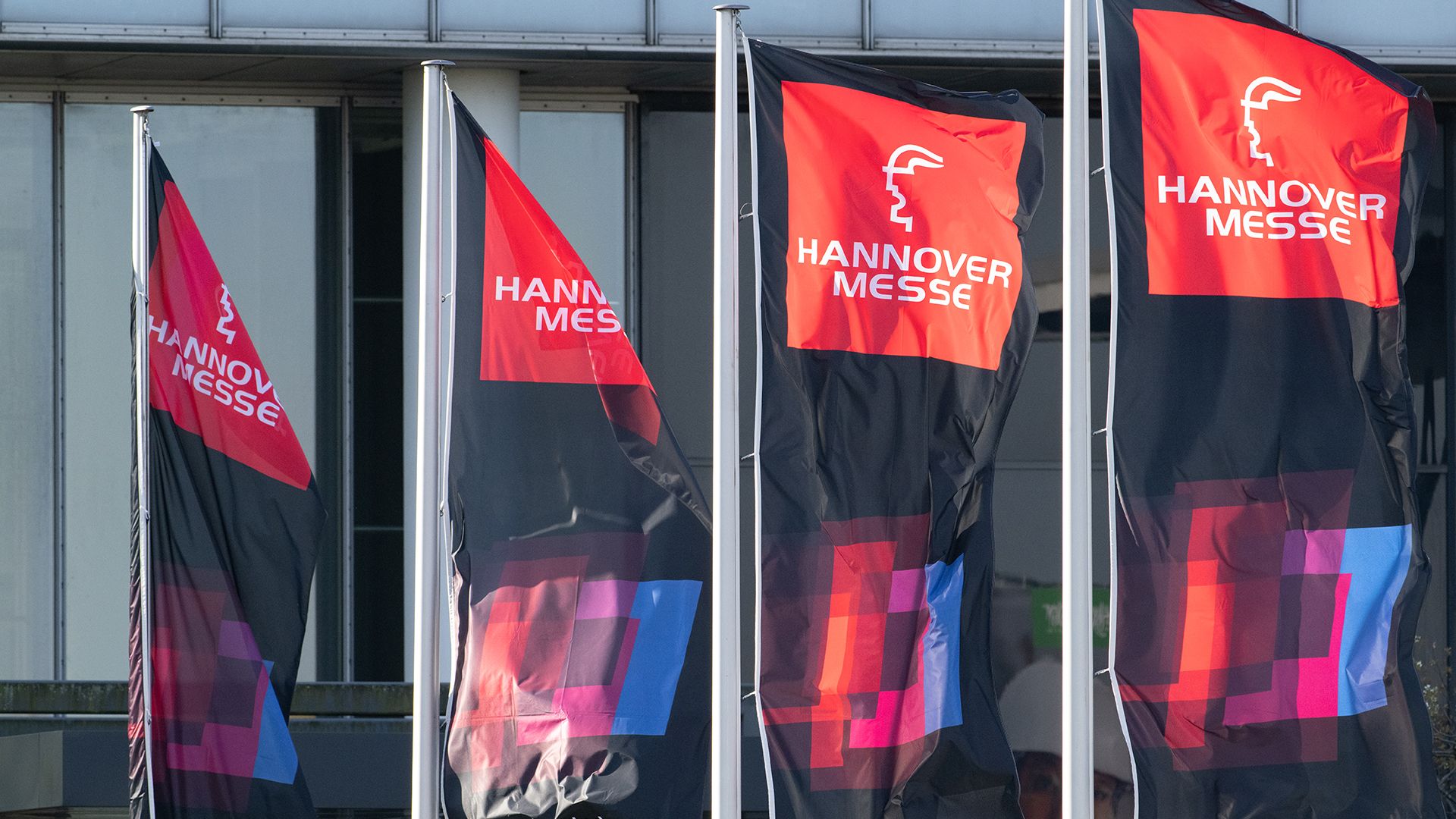Wintershall Dea awarded CO2 storage licence in the Danish North Sea


On the recommendation of the Danish Energy Agency, the Danish Ministry of Climate, Energy and Utilities has granted the first CO2 storage licence in the Danish North Sea to Wintershall Dea and INEOS for Project Greensand, each of which will have a 40 per cent share. The remaining 20 per cent will be held by the state-owned company Nordsøfonden, which represents the interests of the Danish state. This permit will make it possible to eventually store CO2 under the seabed on a large scale in Denmark.
Alongside INEOS, Wintershall Dea is the leading member of the Project Greensand consortium. By the end of 2025, up to 1.5 million tonnes of CO2 per year could be stored each year as part of Project Greensand. By the end of 2030, this figure is projected to climb to up to 8 million tonnes of CO2 per year – or more than 13 per cent of Denmark’s total annual emissions.
“We are pleased with the trust that the Danish Energy Agency has placed in us and are glad that our project concept has convinced the authorities in Copenhagen,” says Hugo Dijkgraaf, Member of the Board and Chief Technology Officer at Wintershall Dea. “This licence enables us to launch the pilot injection phase of Project Greensand at the beginning of March and then to rapidly enter into commercial operation. With its CO2 storage potential, Greensand will also become relevant to German emitters.”
Going forward, unavoidable emissions from industry and agriculture will be stored in the Nini West field, a depleted oil reservoir in the Danish North Sea. In this way, Project Greensand is expected to make an important contribution to the decarbonisation of industry and the mitigation of climate change. The Danish government is supporting the project with the equivalent of EUR26 million in public funding. Issuing licences for CO2 storage is an important step to implement the national CCS strategy, which aims to make Denmark carbon-neutral by 2050.
For Wintershall Dea, Greensand is a pioneering CCS project that will encompass the entire value chain. The gas and oil company has the geological, petroleum and engineering knowledge needed to implement corresponding projects and plans to annually avoid between 20 and 30 million tonnes of CO2 by 2040. That is roughly half of the residual emissions expected in Germany at that time.

